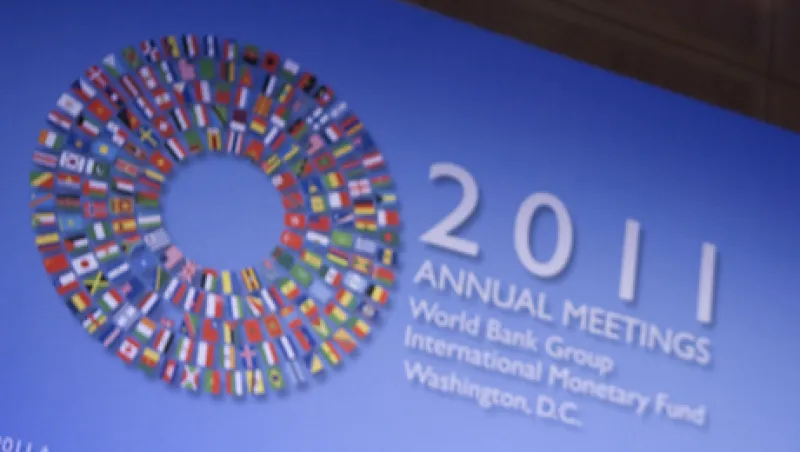
IMF Special Report: Desperately Seeking Leadership
A feeling that no one is in charge of the global economy is fostering uncertainty and undermining confidence.
Tom Buerkle
September 22, 2011


